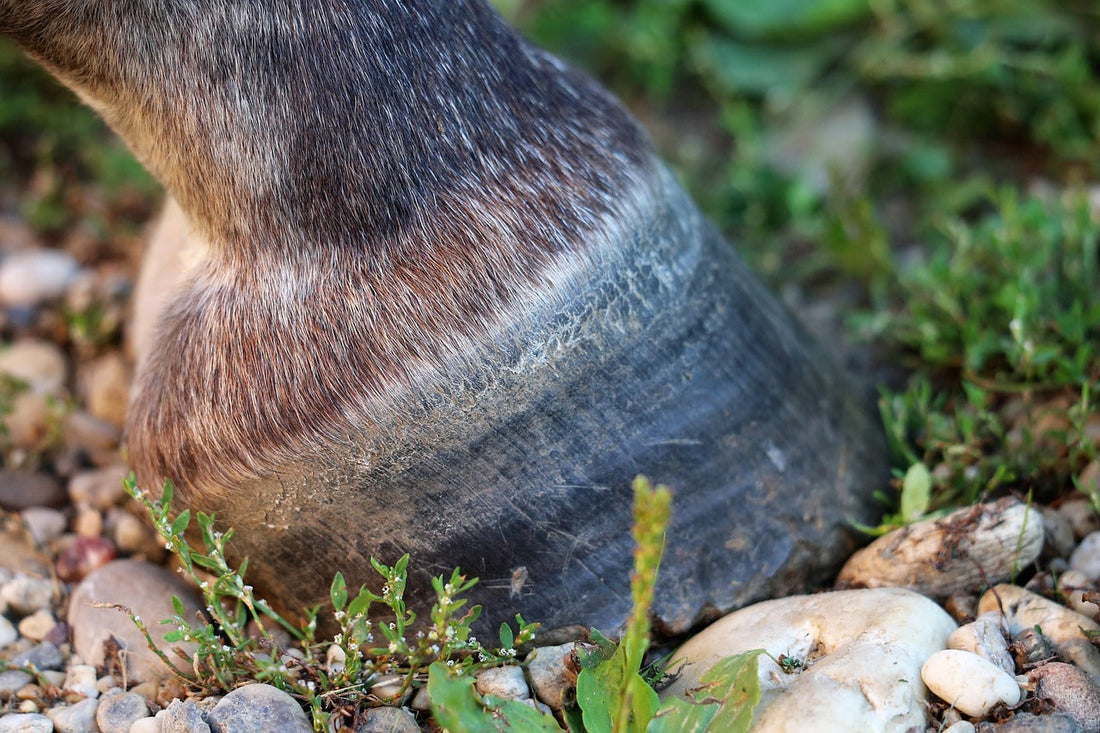Laminitis is a painful and potentially debilitating condition affecting the hooves of horses. Characterized by inflammation of the sensitive laminae within the hoof, it can lead to severe lameness and long-term complications if not properly managed. Aloe Vera, a natural plant known for its soothing and anti-inflammatory properties, has been suggested as a supportive treatment for laminitis. But how effective is it?
The Anti-Inflammatory Benefits of Aloe Vera
Aloe Vera contains bioactive compounds like polysaccharides and acemannan, which have been shown to exhibit anti-inflammatory effects. Reducing inflammation is crucial in managing laminitis, as excessive inflammation can worsen tissue damage in the hoof. While Aloe Vera has demonstrated anti-inflammatory properties in general animal health studies, specific research on its effects on laminitis in horses is limited.

Pain Management and Healing
Pain management is another critical aspect of laminitis care. Aloe Vera's soothing properties have been traditionally used for skin irritations and minor wounds, suggesting it could offer mild analgesic benefits when used as a complementary treatment. Some holistic equine care practitioners recommend topical application combined with oral Aloe Vera juice to promote healing from the inside out.
Digestive Support and Laminitis Connection
Laminitis can sometimes be linked to metabolic issues and digestive disturbances, such as hindgut acidosis. Aloe Vera juice has been noted for its ability to support gut health due to its prebiotic properties, potentially aiding in overall digestive balance and reducing laminitis risk factors (Mad Barn).
Considerations and Veterinary Guidance
While Aloe Vera shows promise in supporting laminitis care, it should never be used as a sole treatment. Veterinary consultation is essential to ensure a comprehensive management plan, including proper hoof care, diet adjustments, and pain management strategies.
Conclusion
Aloe Vera can be a helpful complementary therapy for managing laminitis in horses due to its anti-inflammatory, pain-relieving, and gut-supportive properties. However, more scientific research is needed to confirm its direct effects on laminitis recovery. Always consult with a qualified equine veterinarian before incorporating Aloe Vera into your horse's care routine.
References / Other Information
Aloe Vera for Horses with Ulcers - https://madbarn.com/aloe-vera-for-horses-with-ulcers/
Rehabbing a Laminitic Horse - https://equinewellnessmagazine.com/rehabbing-laminitic-horse-natural/
Natural Treatment of Chronic Laminitis - https://murdochmethod.com/natural-treatment-of-chronic-laminitis/
Bonita: A Holistic Approach to Laminitis - https://holistichorsekeeping.com/articles/bonita-a-holistic-approach-to-laminitis.html


